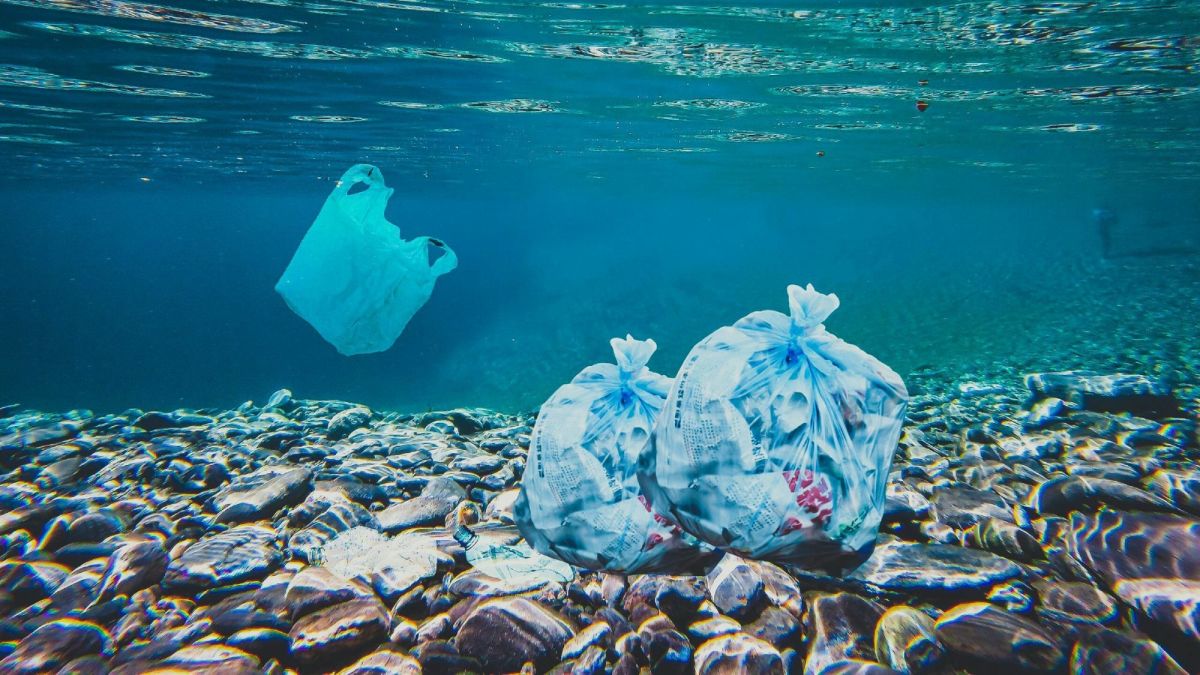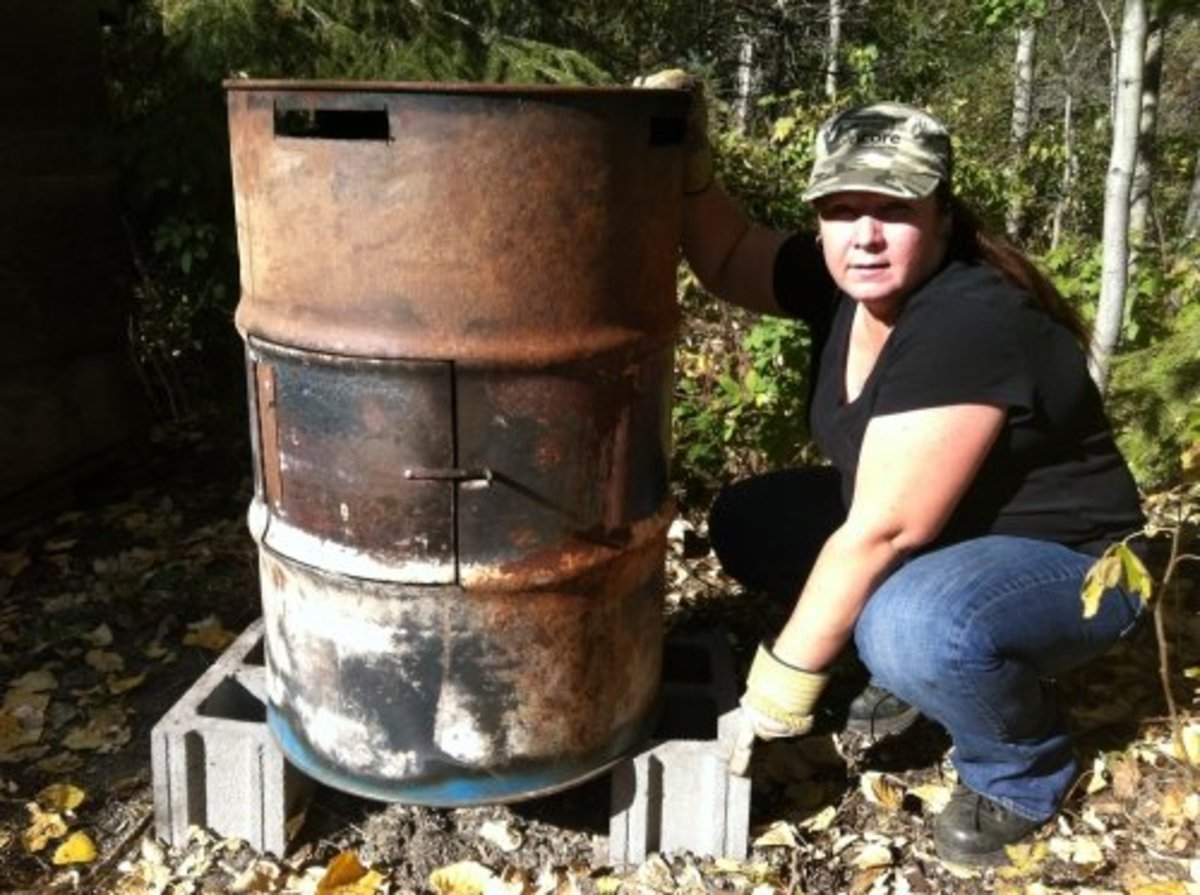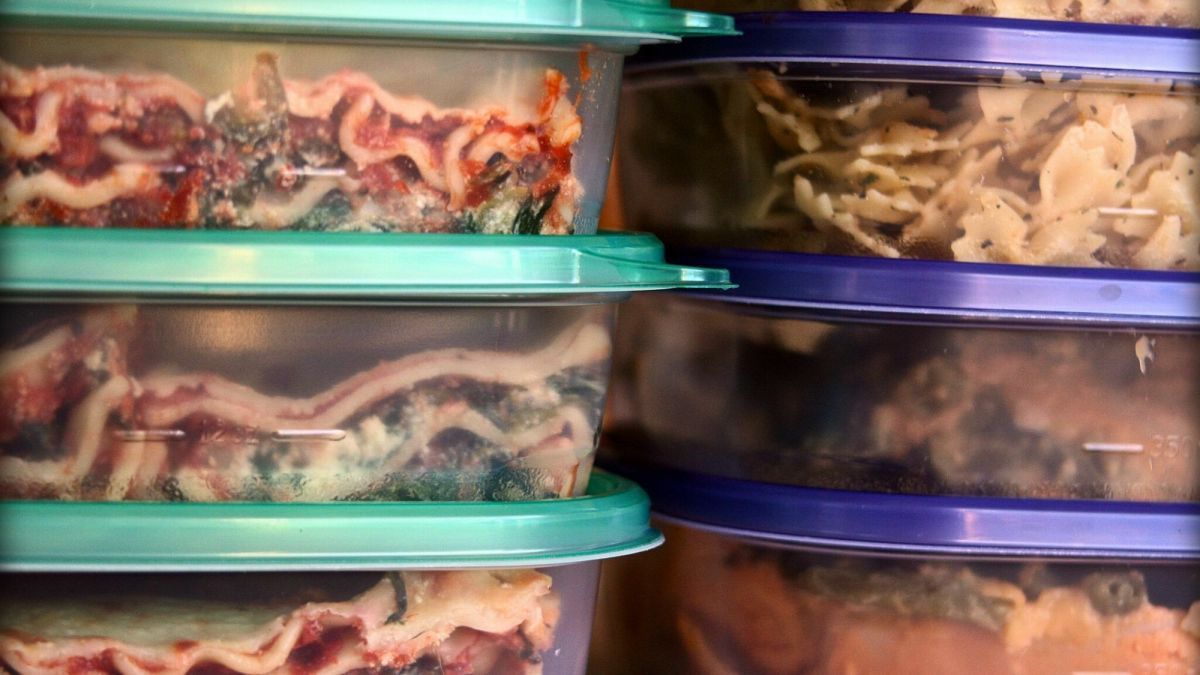10 Tips to Reduce Trash and Waste
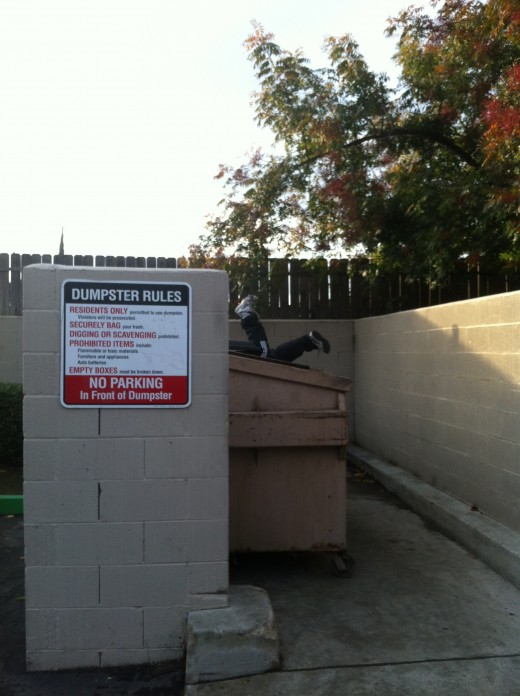
The World's Trash Problem
The world has a huge trash problem. Hopefully you are here in an effort to reduce how much garbage you make, which is commendable.
This article contains tips on how to reduce waste and facts about trash to help you get started in reducing your carbon footprint. Just in case you need more motivation, throughout the article are pictures and video about trash so you can understand how big of a deal it is. It's my hope that the images you see impact you as much as the information I provide does.
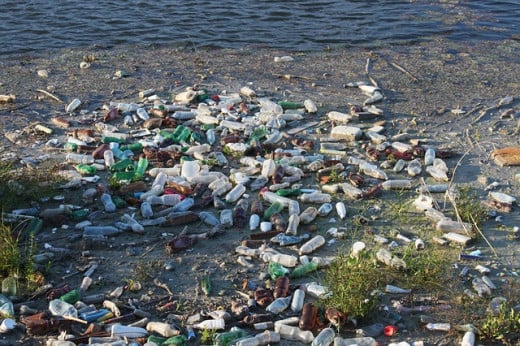
Recycle Cans, Bottles, and Paper
You should know this one, but it's worth repeating. It's all too easy to recycle now. Many cities are offering curbside recycling that can be picked up. I know I have cut my garbage in half by doing that. It may cost a bit more money, but it's worth it in the long run for the environment. Don't use the curbside pickup as a trash bin. If trash gets mixed into those items that can be recycled, it might all have to be thrown out.
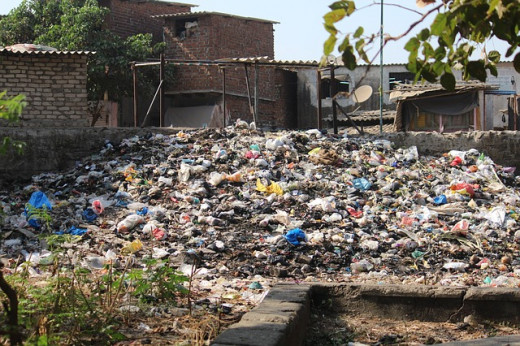
Recycle Green Waste
Not many people realize that their government may offer curbside pickup for green waste. Leaves, branches, and other green plant related items can be recycled to go into a compost. Saving precious landfill space by allowing a natural way to dispose of these items.
Do you recycle?
Buy Recycled Products
Buying recycled products is a great way to avoid throwing even more trash away. A lot of products that are recycled can be recycled again, such as aluminum cans. Some products may be more expensive this way, but it's worth it.
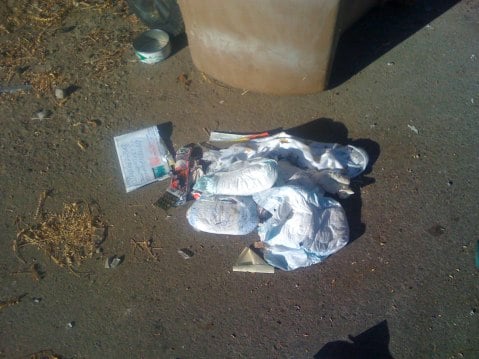
Don't Buy Plastic
Most plastics aren't biodegradable. They were specifically manufactured not to do that. In some cases it's unavoidable to buy plastic products, but if you do, try to buy plastics that can be recycled or are biodegradable.
Great Pacific Garbage Patch
Buy in Bulk
Want to know why you should buy in bulk? Because it saves on packaging. Instead of buying a small 4-pack multiple times, you can buy a 12-pack, thus saving on the packaging being used. Just make sure that the items in the larger pack aren't individually wrapped.
However, the best way to avoid waste is not to buy anything at all, if possible.
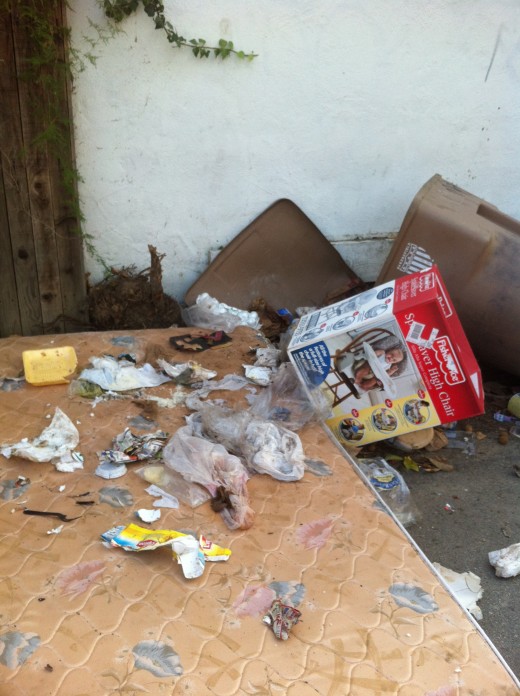
Don't Buy Single Use Items
Instead of buying paper plates, purchase plates that are reusable. The same goes with plastic-ware. Purchase something that can be used over and over instead of things that are used once and then thrown away.
What Can I Recycle?
Aluminum Cans
| Aluminum Foil
| Steel and Tin Cans
|
Newspaper
| Magazines
| Junk Mail
|
Cardboard
| Phone Books
| Clear, Brown, and Green Glass
|
Plastics
| Light Bulbs
| Household Batteries
|
Car Batteries
| Computer Equipment
| Televisions
|
Cell Phones
| Motor Oil
| Paint
|
Make sure any item you recycle can be recycled by checking the product and/or symbols, is clean to avoid contamination of other recyclables, and is disposed of according to government regulations.
Buy Used Products
If you buy used, it means that instead of the item being thrown away, it gets used again. You can do this at second hand stores, yard sales, Craigslist, etc.
Great Pacific Plastic Trash Island
Reduce Your Mail
Junk mail is a actually a huge amount of waste. Even though a lot of it can be recycled, why not stop the process from happening in the first place? You can go to websites like the National Do Not Mail List and OptOutPrescreen to remove yourself from various mailing lists.
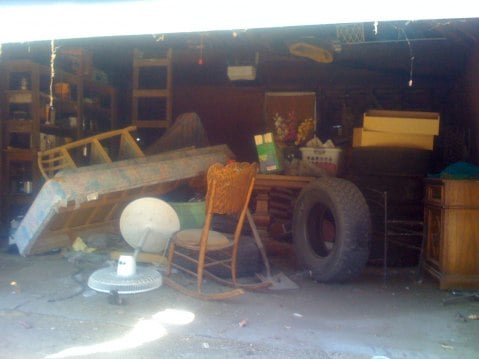
Give Away or Sell Your Stuff
Have clothes you don't want anymore? An old couch that still could be used? Then sell or give those items away to charity. There is a good chance that someone else will make use of those items and you will avoid unnecessary waste.
Do you think trash and waste is one of the world's biggest problems?
Teach Your Children About Waste
It's always said the previous generation passes their problems on to the next generation. That generation is your children. Start by teaching your children about waste, how to cut back, etc. If they see you recycling, they are more likely to do that when they become the current generation. One example to show your children would be the climate activist, Greta Thunberg.
20 Facts About Garbage and Trash
Here are some quick facts about trash:
- Americans produce approximately 1,600 pounds of trash per year. This is only personal trash, and not even trash that is produced at work! This is about 4-5 pounds a day, per person.
- 300,000 tons of plastic bags hit the landfills each year. Only 1% of the total 1 billion plastic bags used each year are recycled. It can take some of these plastic bags up to 1,000 years to decompose, if ever. Pretty scary.
- Between the holidays of Thanksgiving and New Years, each week an additional million tons of waste is generated.
- Diapers account for 7.6 billion pounds of waste per year in the U.S. It can take a diaper over 500 years to decompose.
- It can take over a million years for Styrofoam products to decompose. Many cities have started to make products made out of Styrofoam illegal.
- The majority of the trash thrown away are paper products.
- A third of what you end up buying will end up in your trash can.
- The EPA predicts that all landfills will start to leak into the environment.
- The U.S. produces 40% of the waste in the world, but only makes up 6% of the world population.
- Less than 20% of most major electronics are recycled.
- Each year, over 51 billions pieces of litter land on U.S. roadways, costing $11.5 billion dollars each year in clean up.
- Cigarettes account for the majority of litter found on the ground.
- Over 75% of Americans admit to littering within the last 5 years.
- Even though the amount of landfills decreased in the last few decades, trash generated increased by 80% between the years of 1979 through 1995.
- A landfill off the coast of Staten Island can be seen from space!
- Approximately 4 million tons of junk mail is received by Americans per year, with the majority of that mail ending up in landfills.
- Only 2.5% of food waste was composted in 2008.
- There are huge garbage patches in the ocean, which results in marine life eating some of the garbage. As those fish are caught, people eat the fish thus ingesting some of the waste that was in the ocean.
- There are 2 million tons of discarded water bottles in U.S. landfills alone, making it one of the worst offenders of American waste.
- Americans buy and throw out over 40% of the world's toys, despite American children only making up 4% of the world's children.
The overall theme of these facts is that Americans tend to be the most wasteful people in the world. What do you think?
Do you think you are a wasteful person?
This content reflects the personal opinions of the author. It is accurate and true to the best of the author’s knowledge and should not be substituted for impartial fact or advice in legal, political, or personal matters.
© 2012 David Livermore

